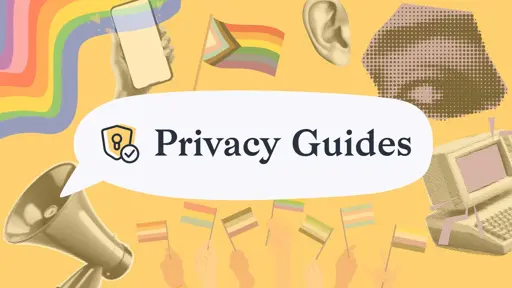Matrix is going Freemium and WhatsApp is adding ads, which is sparking the annual “time to leave [app]” threads.
Users don’t care that much about privacy, but they do care about enshittification, so XMPP not being built for it shouldn’t be a problem.
Meanwhile, I’ve heard for years that XMPP has solved a lot of the problems that lead more popular apps to fail.
Is it really just a marketing/UX/UI problem?
If XMPP had a killer app with all the features that Signal/Whatsapp/Telegram has, would it have as many users?
If not, why does it keep getting out-adopted by new apps and protocols?



No, there is more to it than that. Off the top of my head, these issues stand out as major hurdles:
So, while XMPP (with appropriate extensions) is still a capable protocol, the expertise and support required to make it competitive is not readily available to most people. I might suggest it to small groups who have local expertise to get it all set up and keep things running well, but not to the general public.
Meanwhile, Matrix has a unified spec with a rich feature set, a variety of homeservers and client apps that support it, sufficient momentum for continued development, and the critical mass to make it viable for global public use.
I don’t think it’s reasonable to say XMPP both lacks encryption and has a XEP for encryption. XEPs are how features are added to XMPP. There is support for encryption in the XMPP standard because there’s a XEP for it.
The feature fragmentation used to be a real problem, which is why they introduced compliance suites.
This suggests that you read only a fragment of one sentence, rather than understanding the comment as a whole.
If you don’t think it’s reasonable to say that the issues noted above contributed significantly to XMPP’s decline, or to its failure to catch up with other messaging systems, then I suppose that’s your prerogative. But for the sake of discussion, you might want to offer an alternative explanation.
Encryption is an exemplar. It applies to all features in XEPs. My comment fully addresses two of your three dot points so the claim that I only read a fragment of a sentence is bizarre and patronising.
I don’t feel the need to address every point because I’m not setting up an opposing argument, I don’t even disagree with the overarching concept. I wanted to clarify some aspects of XMPP that I see as being misrepresented or overlooked.
Well, your critical comment failed to recognize that I was contrasting the core protocol against an implementation augmented by XEPs, and what the latter would mean in practical terms. It overlooked most of what I had written, which could most simply be explained if you had only seen/considered a fraction of what I wrote. No patronizing intended.
If hurried reading was not the cause, then I don’t want to speculate on what was. Instead, I invite you to read it again later, and consider interpretations that you hadn’t at first.
Or just ignore it. Good day.